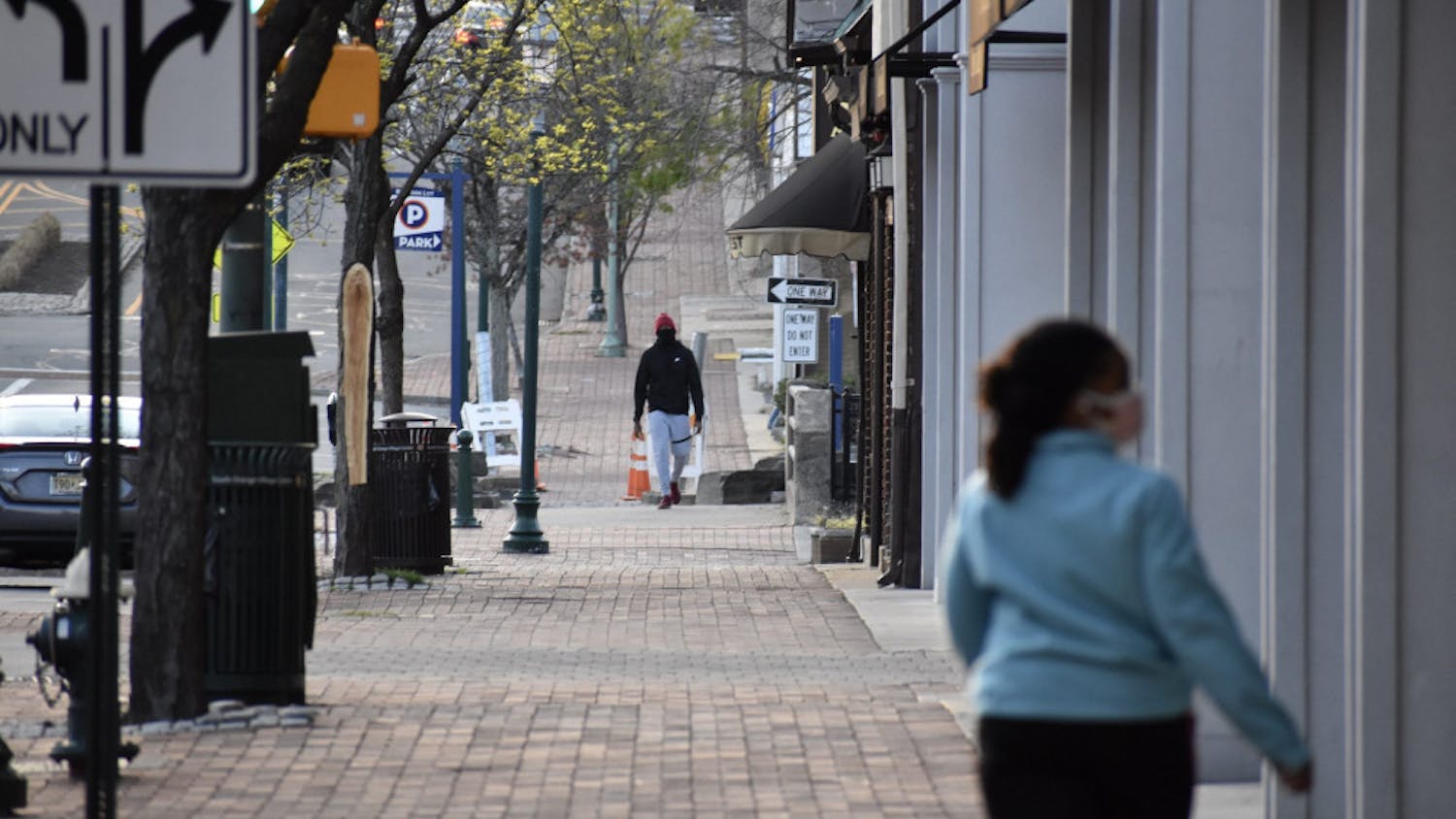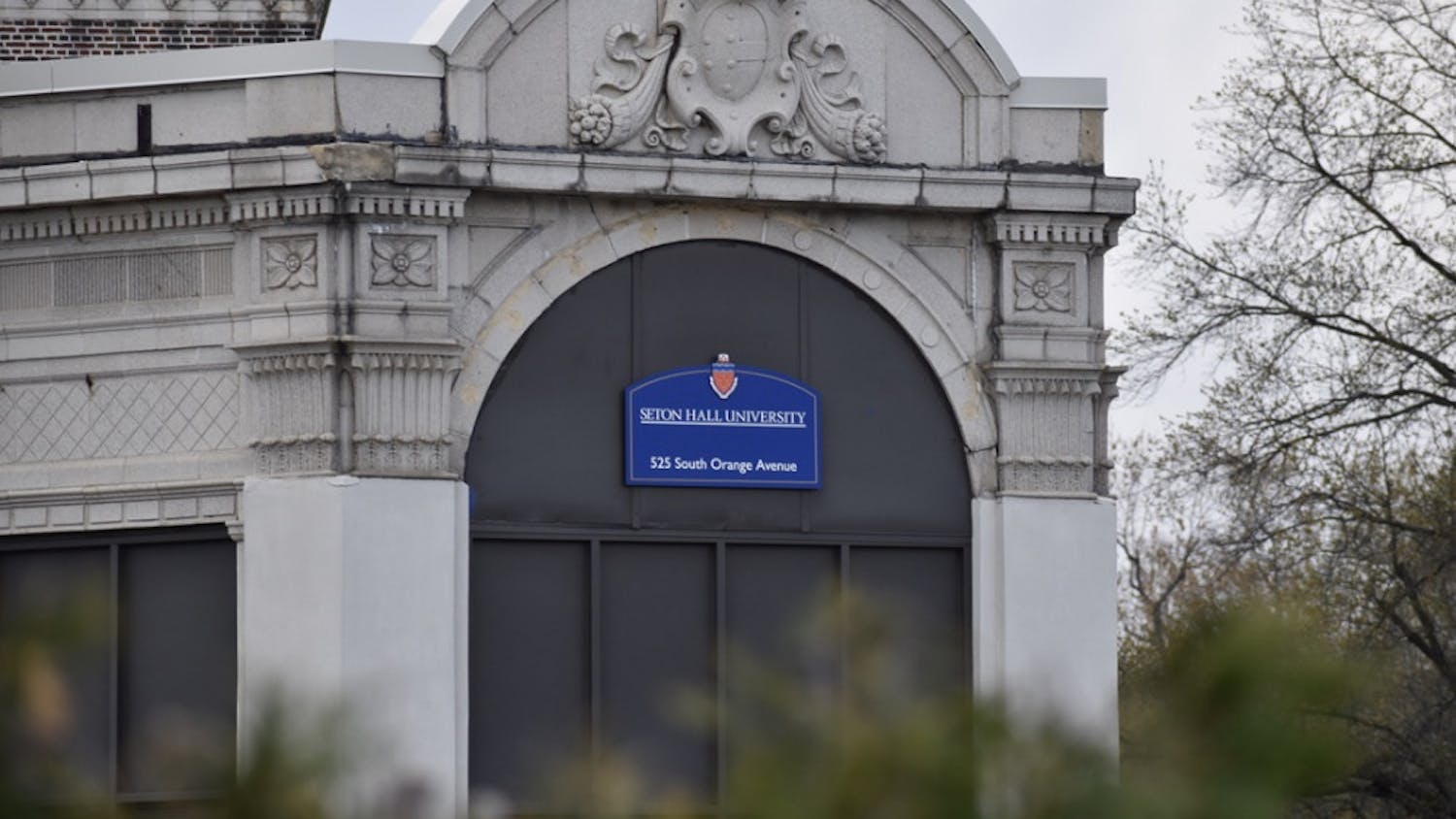[caption id="attachment_15286" align="aligncenter" width="838"] via Wikimedia Commons/Jnn13[/caption]
One of the focal stories of the young NFL season has nothing to do with football, but rather what it means to be patriotic.
The 49ers’ Colin Kaepernick, along with a handful of other players, has sparked controversy by kneeling during the National Anthem. He is protesting police brutality towards minorities.
Like many other protests, backlash was swift. Some critics have labeled Kaepernick a “disgrace to the nation,” and a few fans burned his jersey. Furthermore, Fox News columnist Larry Taunton wrote that Kaepernick’s protests have “no logical connection between his actions and the things he is protesting.” Taunton also wrote that Kaepernick’s actions “further divides an already deeply divided nation.”
Fox News, whose conservative views are well known, does make a relevant point. The country is divided along a spectrum of norms and issues, one of them being patriotism.
Dr. John Shannon, a legal studies professor at Seton Hall, compared the Kaepernick backlash to a nostalgic but misguided desire for the past.
“When people say, ‘I want my country back’ they don’t know what they’re saying,” he said. “Let’s imagine going back to the 50’s. White Americans would be fine, but modern Americans would not and that’s not a good thing.”
Much like the change in times, patriotism changes and improves upon itself as time progresses. Not everyone is quick to accept change and, thus, this divide is the result of a gap between old 20th century standards of patriotism and modern, more proactive patriotism.
Patriotism is an active love for one’s country, love that can be expressed in a multitude of ways, such as taking a knee before a football game. It is not the standard of unconditional love for one’s nation as seen during the 20th century. One should be patriotic to the extent of understanding the nation’s flaws and actively trying to correct them. One such way is through protest, which is a right guaranteed by the constitution and solidified by the actions of our veterans. Acting with unconditional acceptance of one’s nation is not American.
Moreover, creating a standard of what American patriotism should be also contradicts true patriotism. Dr. Maxim Matusevich, professor and director of the Russian and East European Studies Program at SHU, said that setting such standards is a false goal.
“People always try to define a standard to what ‘American’ is when in actuality there is no standard,” he said.
Former Minnesota governor and Vietnam War veteran Jesse Ventura, in an interview with Business Insider, also addressed the Kaepernick controversy.
“Governments should not mandate patriotism,” he said. “Governments earn patriotism.”
Much like government, people cannot mandate their view of patriotism over another’s. There are no standards to patriotism.
The idea of standardized patriotism shies away from what the flag actually stands for. It stands for the rise against tyranny. It stands for freedom and equality for all. To say that Kaepernick’s protest has no correlation to his method is ignorant and wrong; he could not have chosen a better method.
Kaepernick’s kneel is not “un-American.” It’s as American as it can get and I’ll gladly kneel with him.
Greg Medina is an economics major from Union, N.J. He can be reached at gregory.medina@student.shu.edu.
via Wikimedia Commons/Jnn13[/caption]
One of the focal stories of the young NFL season has nothing to do with football, but rather what it means to be patriotic.
The 49ers’ Colin Kaepernick, along with a handful of other players, has sparked controversy by kneeling during the National Anthem. He is protesting police brutality towards minorities.
Like many other protests, backlash was swift. Some critics have labeled Kaepernick a “disgrace to the nation,” and a few fans burned his jersey. Furthermore, Fox News columnist Larry Taunton wrote that Kaepernick’s protests have “no logical connection between his actions and the things he is protesting.” Taunton also wrote that Kaepernick’s actions “further divides an already deeply divided nation.”
Fox News, whose conservative views are well known, does make a relevant point. The country is divided along a spectrum of norms and issues, one of them being patriotism.
Dr. John Shannon, a legal studies professor at Seton Hall, compared the Kaepernick backlash to a nostalgic but misguided desire for the past.
“When people say, ‘I want my country back’ they don’t know what they’re saying,” he said. “Let’s imagine going back to the 50’s. White Americans would be fine, but modern Americans would not and that’s not a good thing.”
Much like the change in times, patriotism changes and improves upon itself as time progresses. Not everyone is quick to accept change and, thus, this divide is the result of a gap between old 20th century standards of patriotism and modern, more proactive patriotism.
Patriotism is an active love for one’s country, love that can be expressed in a multitude of ways, such as taking a knee before a football game. It is not the standard of unconditional love for one’s nation as seen during the 20th century. One should be patriotic to the extent of understanding the nation’s flaws and actively trying to correct them. One such way is through protest, which is a right guaranteed by the constitution and solidified by the actions of our veterans. Acting with unconditional acceptance of one’s nation is not American.
Moreover, creating a standard of what American patriotism should be also contradicts true patriotism. Dr. Maxim Matusevich, professor and director of the Russian and East European Studies Program at SHU, said that setting such standards is a false goal.
“People always try to define a standard to what ‘American’ is when in actuality there is no standard,” he said.
Former Minnesota governor and Vietnam War veteran Jesse Ventura, in an interview with Business Insider, also addressed the Kaepernick controversy.
“Governments should not mandate patriotism,” he said. “Governments earn patriotism.”
Much like government, people cannot mandate their view of patriotism over another’s. There are no standards to patriotism.
The idea of standardized patriotism shies away from what the flag actually stands for. It stands for the rise against tyranny. It stands for freedom and equality for all. To say that Kaepernick’s protest has no correlation to his method is ignorant and wrong; he could not have chosen a better method.
Kaepernick’s kneel is not “un-American.” It’s as American as it can get and I’ll gladly kneel with him.
Greg Medina is an economics major from Union, N.J. He can be reached at gregory.medina@student.shu.edu.





